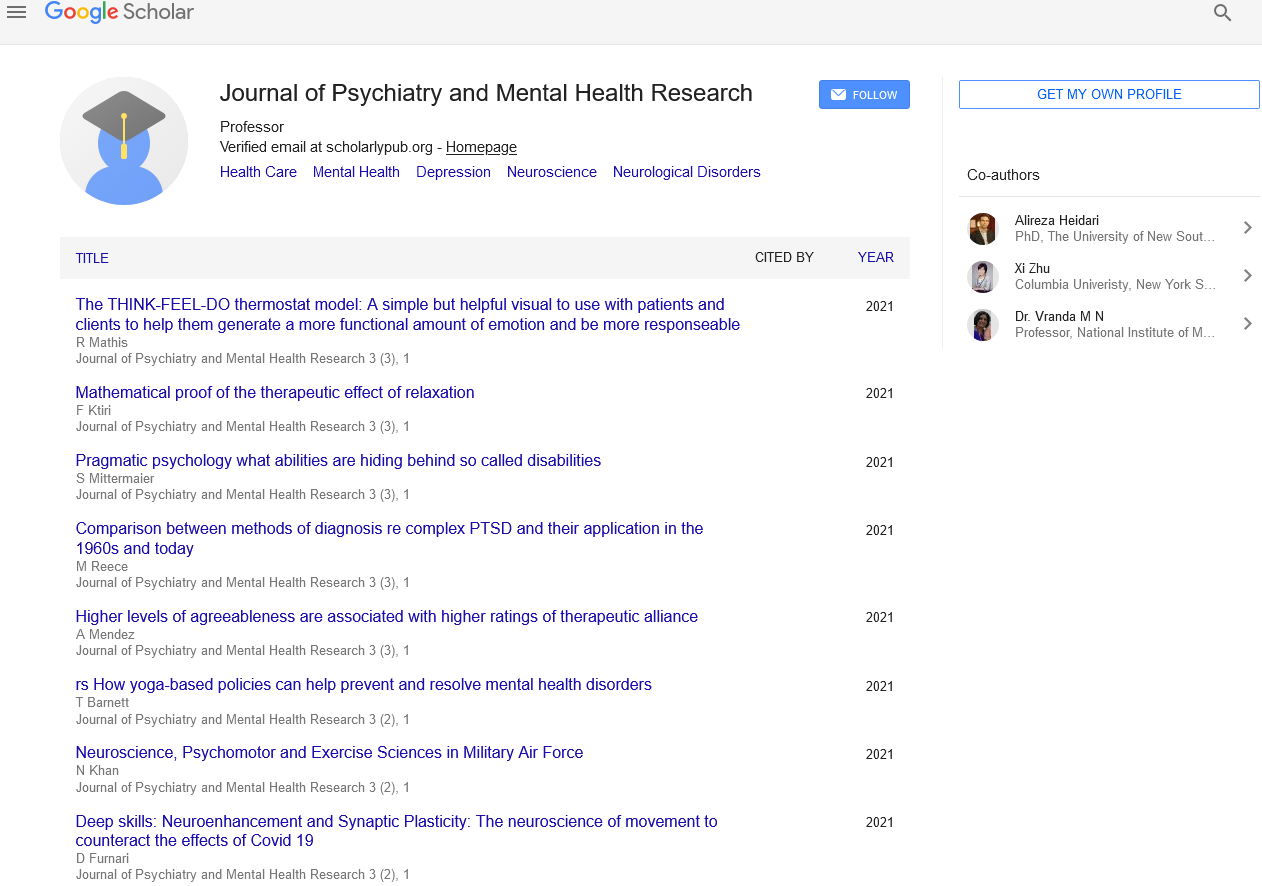
Sign up for email alert when new content gets added: Sign up
Abstract
Genomics in Neurological Disorders
Author(s): Asasd Aruba*Neurological disorders comprise a variety of complex diseases in the central nervous system, which can be roughly classified as neurodegenerative diseases and psychiatric disorders. The basic and translational research of neurological disorders has been hindered by the difficulty in accessing the pathological center (i.e., the brain) in live patients. The rapid advancement of sequencing and array technologies has made it possible to investigate the disease mechanism and biomarkers from a systems perspective. In this review, recent progresses in the discovery of novel risk genes, treatment targets and peripheral biomarkers employing genomic technologies will be discussed. Our major focus will be on two of the most heavily investigated neurological disorders, namely Alzheimer’s disease and autism spectrum disorder. Neurological disorders include a wide spectrum of diseases in the central nervous system (CNS). Up till now, hundreds of neurological disorders have been classified, with symptoms varying from cognitive dysfunction to manic behaviour or depression. Due to the complex nature of this group of diseases, it is difficult to identify the mechanisms using conventional methodologies, where only small pathways around specific target genes are investigated. The advent of systems biology approaches has made it possible to study these complex problems from the whole-genome perspective. In the recent years, genomic technologies have been increasingly applied to the investigation of neurological disorders. Exciting discoveries have thus emerged including novel risk genes, peripheral biomarkers and treatment targets. For the convenience of the limited space, we will mainly focus on two of the most studied neurological disorders, Alzheimer’s disease (AD) and autism spectrum disorder (ASD). AD is a major form of neurodegenerative diseases. AD starts from memory loss and cognitive deficit in the early stage and gradually evolves into severe dementia in the late stage. The pathological hallmarks of AD include extracellular deposit of amyloid plaques and intra-neuronal neurofibrillary tangles (NFT). Although the disease-causing mutations have been identified for the familial early-onset AD (FEOAD), the genetic landscape has been perplexing for the late-onset AD (LOAD) that constitutes ∼95% of all AD patients. The prevailing hypothesis for the disease mechanism of AD has been primarily based on the studies of FEOAD, which advocates the central role of amyloid-β (Aβ) in the chain of events leading to neuronal death and cognitive and behavioural symptoms. However, Aβ-based interventions have not been successful in the clinical trials so far. Due to the lack of effective treatment for curing or slowing down AD, it becomes imperative to search for novel risk genes and drug targets, as well as biomarkers for early diagnosis. Since the disease mechanism for most of the neurological disorders is still under debate, it is necessary to conduct investigation from a systems perspective. In brain transcriptome studies, information regarding gene expression at the whole genome level can be extracted, and the dysregulation of gene expression in a disease condition can be revealed by comparing the gene expression with that from the matched healthy controls. Microarray platforms have been the main workhorse for brain transcriptome studies due to the mature technology and low cost. Sequencing technology has been increasingly used since 2008, but generally limited to small sample size due to the high cost. Although it is extremely challenging to collect relevant brain tissues for transcriptome studies considering the stringent requirement of short post mortem delay, dozens of brain transcriptome studies have already been performed and much of the original data have been released to the public




